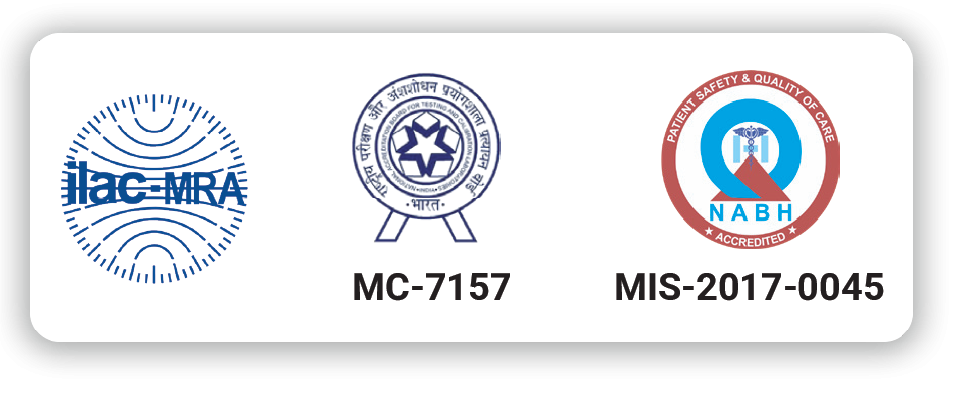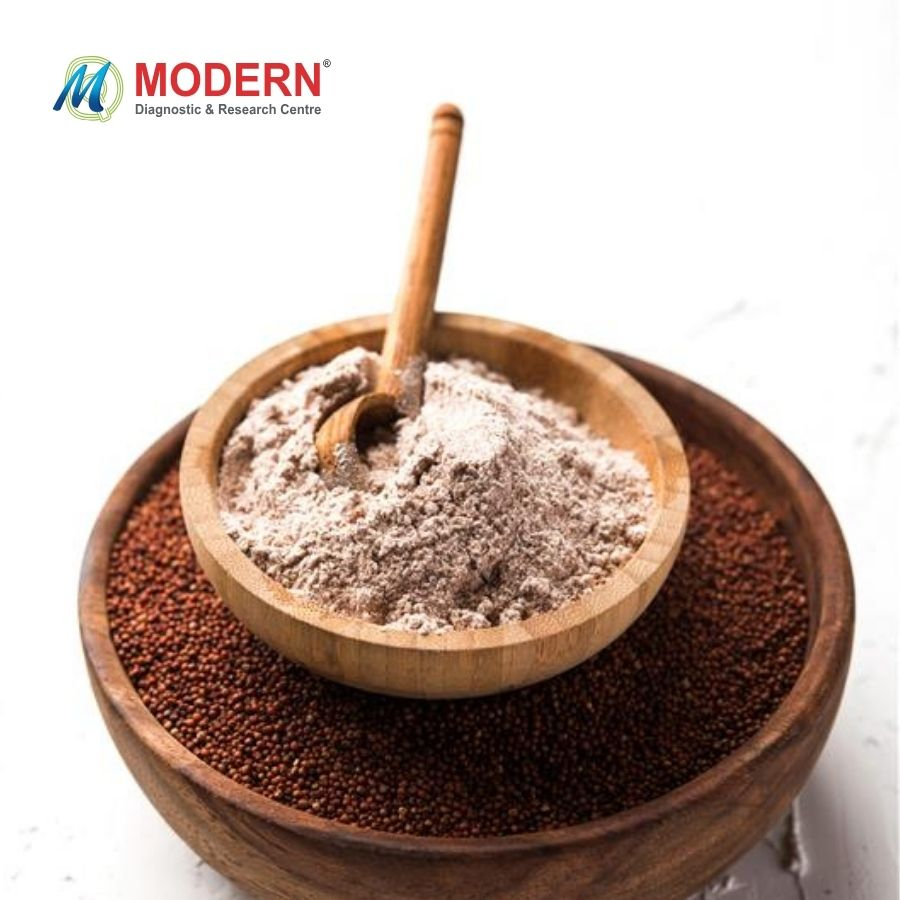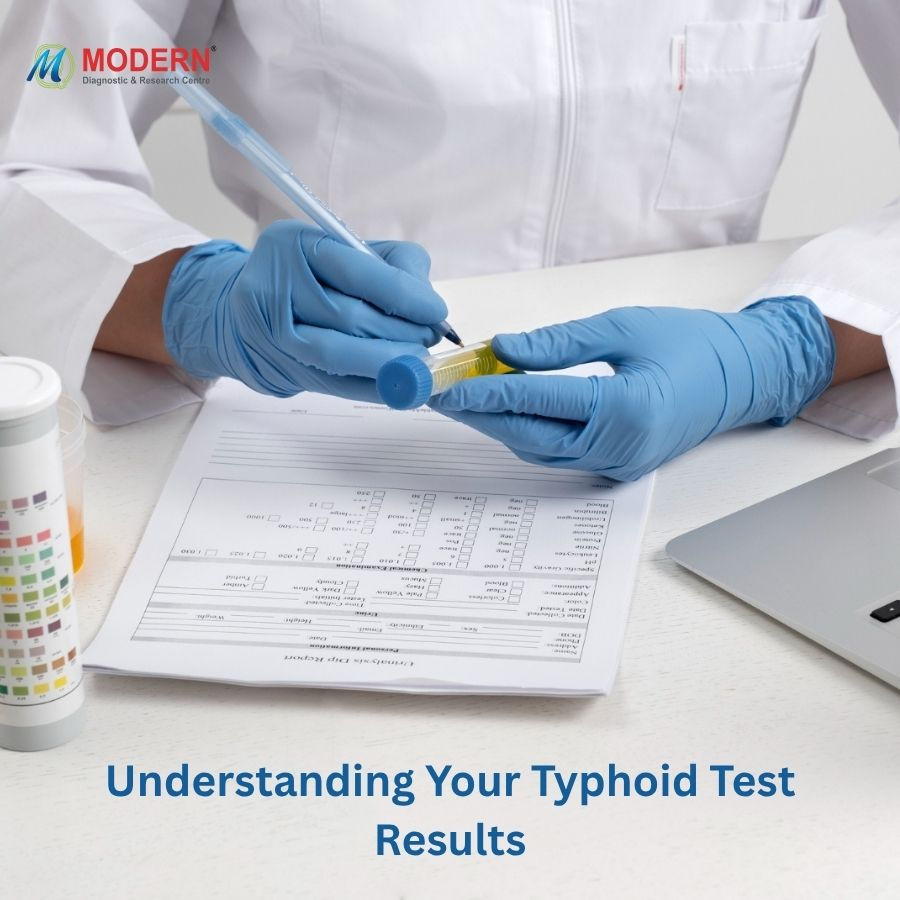The month of May saw the beginning of the monsoon season in India. The monsoon brings relief from the scorching heat experienced in the northern part of the country. The Delhi NCR region experiences the most of it, with temperatures breaking records every single year. The heat and humid weather (because of the rain) provide suitable conditions for mosquitoes to breed. The Delhi—Gurgaon region saw a rapid rise in the growth of Aedes mosquitoes in this season, which led to a major health concern for the Indian healthcare system, i.e., Dengue.
Dengue is a serious headache for India. Each year, the cases of Dengue are growing significantly. A recent study shows the cases of dengue in India rose from 157K in 2019 to 230K in 2024. One out of every three cases of Dengue is from India, which shows how hard India gets hit by Dengue.
Understanding Dengue: Quick Recap
Dengue is an illness you can get from the four dengue viruses (DENV), which are carried by the Aedes mosquito and transferred into our blood flow. The DENV virus is most commonly found in Africa, Central and Southern America, parts of Asia, and the Pacific Islands. Dengue isn’t that contagious except from a pregnant woman to her unborn child.
Symptoms of Dengue are usually mild in the first infection, and can be treated easily if diagnosed early. But with the second infection with a different version of DENV, the risk of severe complications goes up. The common symptoms of Dengue are rash, nausea, vomiting, muscle, bone, and joint pain.
The dengue Virus (DENV) has four versions: DENV-1, DENV-2, DENV-3, and DENV-4. Each of these four serotypes is unique and interacts with the immune system, which can cause dengue fever, spread by Aedes mosquitoes. Dengue home care plays a significant role in the treatment of this disease. There is no medicine to treat dengue fever; a healthcare provider will recommend how to manage the symptoms. Therefore, dengue home care plays a significant role in controlling and managing the symptoms of the disease.
Initial Dengue Home Care:
Dengue fever symptoms start in four to ten days after the mosquito bite and fever can last up to a week. One in every 20 dengue patients will develop severe symptoms after their initial symptoms begin to fade.
Managing the symptoms through the dengue home care –
Managing the symptoms is the only way to treat dengue fever. Following the recommendations of your healthcare provider and dengue home care includes the following:
- Getting as much rest as possible.
- Keep yourself hydrated, and consume plenty of water and healthy fluids.
- Treating pain with acetaminophen and paracetamol (avoid NSAIDs).
- Do not take ibuprofen or aspirin. This can increase your risk of life-threatening internal bleeding.
Monitoring of daily temperature is important in dengue recovery. As we already discussed, dengue does not have any medicine, so monitoring your body temperature daily becomes significant in the recovery process. As for dietary suggestions, keeping your body hydrated is very important. Therefore, fluid products like hydrating fruits, soups, and coconut water are the key points of a dengue home care schedule.
When to monitor more closely:
Dengue is diagnosed through a blood test. This is a simple blood test for which the provider collects the sample and sends it to the lab. The reports will suggest which of the four serotypes is the reason for the illness. The healthcare provider can also use the sample blood to look for other viruses that may cause similar symptoms.
It is important to monitor the changes in your body regularly to get the real picture of the condition. If the symptoms are severe, seek medical help on how to manage the symptoms and when to go to the hospital.
Difference between mild and severe symptoms:
Mild symptoms –
-
High fever: High fever is the initial sign of dengue and lasts up to 7 days.
-
Headache: Dengue patients often experience headaches and pain behind their eyes.
- Muscle and joint pain: Pain in muscles and joints can also be severe, known as ‘breakbone fever’.
- Nausea and vomiting: These are signs that can be mild to moderate.
- Rash: Rashes may appear on the chest and upper limbs.
Severe dengue warnings -
Drops in platelet count
Persistent vomiting
Abdominal pain
Mucosal bleeding
Lethargy and irritability
When to seek Hospital help?
We should seek the help of professionals if the cases of dengue are increasing in our locality and we have some kind of symptoms of the disease. The professionals or hospital will recommend how to take care of ourselves and when to seek additional treatment. In case we experience any warning signs of severe dengue, we should go to the hospital immediately. Severe dengue can become life-threatening very quickly.
Where to Get a Reliable Dengue Test in Gurgaon?
Dengue sees a surge in the monsoon season. If we experience any signs or symptoms of even mild dengue, we should not wait or delay the diagnostic test. Early detection ensures our safety and protection from this disease. The next question that arises is where we should get our test done and look for a reliable, trusted, and recognized lab.
We recommend choosing our NABL-accredited lab, Modern Diagnostic in Gurgaon. We have been serving the community and ensuring the good health of people against dengue for years.
Our lab is the place to get a dengue test in Gurgaon. We offer four types of dengue tests – NS1, IgM, IgG, and CBC.
NS1 test: This test is used to detect the presence of non-structural NS1 protein in the bloodstream.
IgM test: The IgM test detects IgM antibodies produced by your body in response to dengue viruses.
IgG test: The IgG test detects the antibodies released by the body for past infection with the dengue virus.
CBC test: A complete blood count test is often used to monitor recovery or the treatment strategy of the dengue infection.
We make the dengue test in Gurgaon easy by offering same-day reports, walk-in test availability, and online booking as well. Book your dengue test in Gurgaon with us today and take care of your health.
Conclusion:
Dengue is a serious concern for everyone, from the general public to healthcare institutions, in the upcoming monsoon season. One out of every three dengue patients is from India, which raises serious concerns for healthcare providers in the country. There is no medicine to cure this disease. Therefore, dengue home care becomes essential under such circumstances. Ignoring any symptoms of dengue can be life-threatening. That’s why it’s important to get diagnostic tests done in a reliable lab like ours in Gurgaon.
















